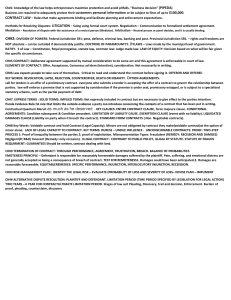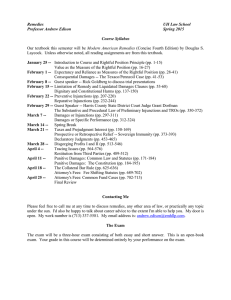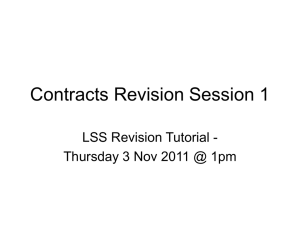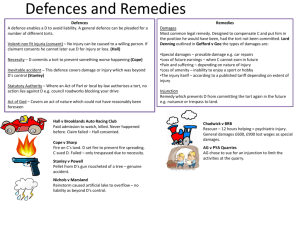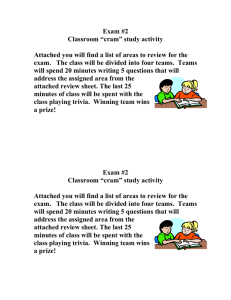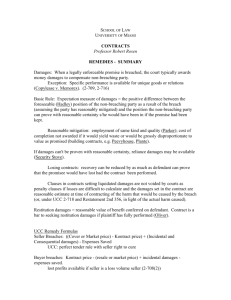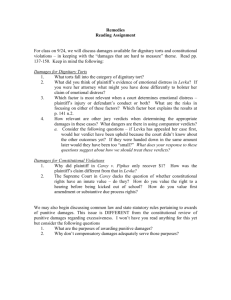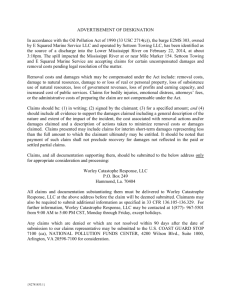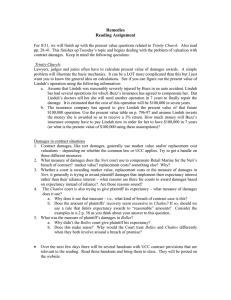7933Brief - Car Audio Factory
advertisement
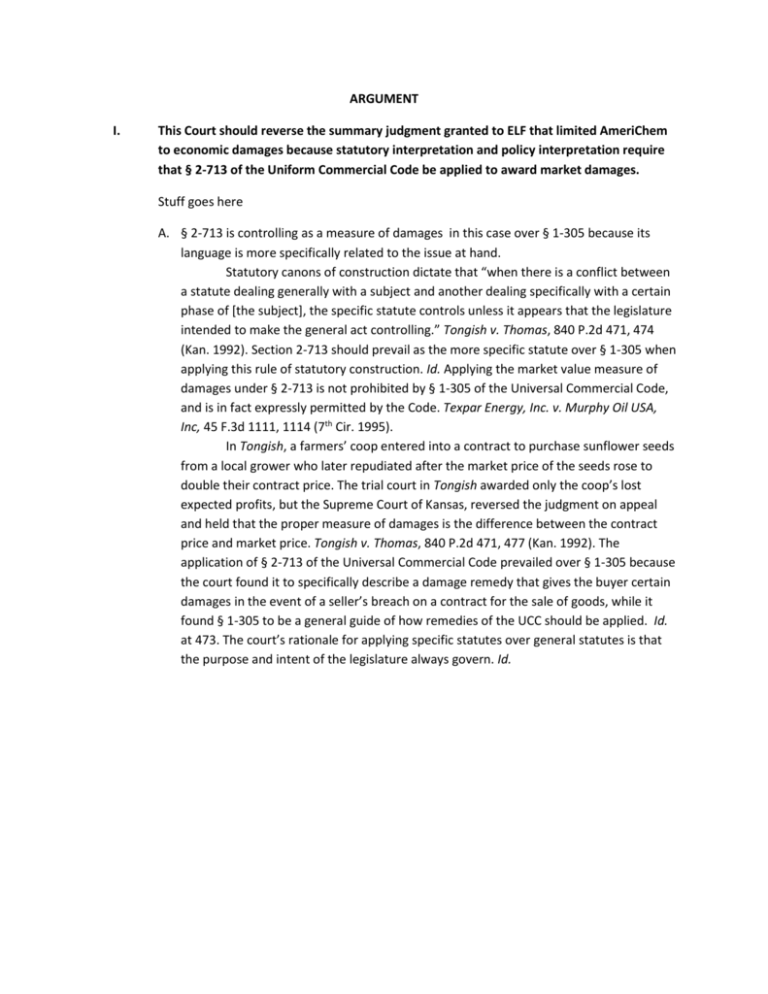
ARGUMENT I. This Court should reverse the summary judgment granted to ELF that limited AmeriChem to economic damages because statutory interpretation and policy interpretation require that § 2-713 of the Uniform Commercial Code be applied to award market damages. Stuff goes here A. § 2-713 is controlling as a measure of damages in this case over § 1-305 because its language is more specifically related to the issue at hand. Statutory canons of construction dictate that “when there is a conflict between a statute dealing generally with a subject and another dealing specifically with a certain phase of [the subject], the specific statute controls unless it appears that the legislature intended to make the general act controlling.” Tongish v. Thomas, 840 P.2d 471, 474 (Kan. 1992). Section 2-713 should prevail as the more specific statute over § 1-305 when applying this rule of statutory construction. Id. Applying the market value measure of damages under § 2-713 is not prohibited by § 1-305 of the Universal Commercial Code, and is in fact expressly permitted by the Code. Texpar Energy, Inc. v. Murphy Oil USA, Inc, 45 F.3d 1111, 1114 (7th Cir. 1995). In Tongish, a farmers’ coop entered into a contract to purchase sunflower seeds from a local grower who later repudiated after the market price of the seeds rose to double their contract price. The trial court in Tongish awarded only the coop’s lost expected profits, but the Supreme Court of Kansas, reversed the judgment on appeal and held that the proper measure of damages is the difference between the contract price and market price. Tongish v. Thomas, 840 P.2d 471, 477 (Kan. 1992). The application of § 2-713 of the Universal Commercial Code prevailed over § 1-305 because the court found it to specifically describe a damage remedy that gives the buyer certain damages in the event of a seller’s breach on a contract for the sale of goods, while it found § 1-305 to be a general guide of how remedies of the UCC should be applied. Id. at 473. The court’s rationale for applying specific statutes over general statutes is that the purpose and intent of the legislature always govern. Id.

